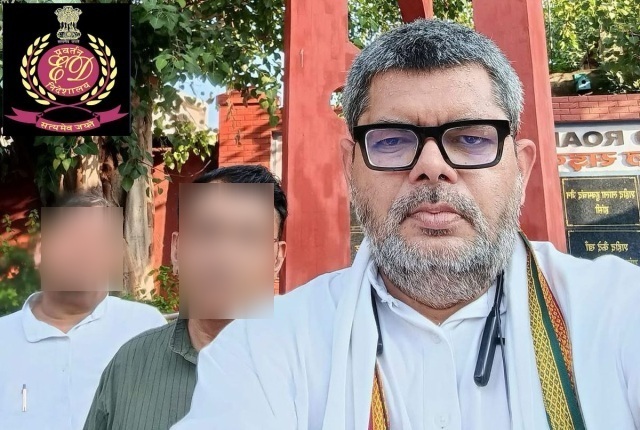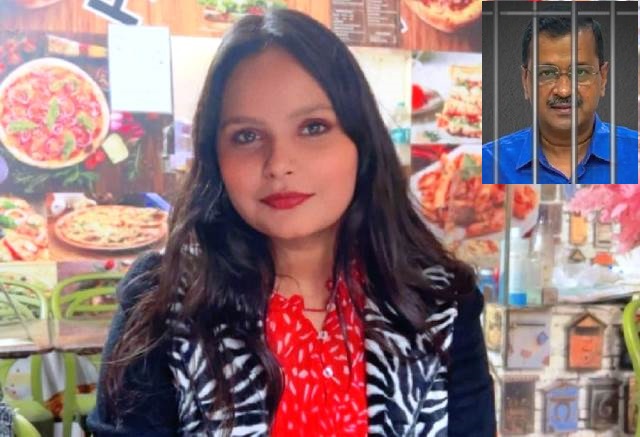Prabal Pratap Shahi, national coordinator of the All India Kisan Congress, says ED must be dismantled if the country is to be saved from becoming a dictatorship. His views
Recently, the All India Congress Committee led a nationwide protest against the Enforcement Directorate (ED). And honestly, it wasn’t just another political rally—it was a cry of frustration, resistance, and unity. As someone deeply connected to the farmers’ movement and the grassroots, I felt the pulse of thousands who are tired of seeing democratic institutions being misused.
The ED recently filed a chargesheet against the leader of opposition in Lok Sabha, Mr Rahul Gandhi and Sonia Gandhi in the National Herald case—a case we believe is completely fabricated. It’s not the first time we’ve seen this. Every time an election approaches, the Narendra Modi-led government seems to dust off some old files, twist a few facts, and try to pin something on opposition leaders. It’s a pattern. And we’re calling it out.
That’s why we—members of the All India Kisan Congress—stood shoulder to shoulder with fellow Congress workers today at 24, Akbar Road, the party’s headquarters. But before we could even begin our march to the ED office, we were surrounded by police barricades. They tried to block us in, silence us. But we didn’t back down. Our people peacefully broke through the barricades, and yes, there were clashes. Many of our colleagues were detained. But none of that stopped the message from getting through.
Let me be clear—this isn’t just about Rahul Gandhi or Sonia Gandhi. This is about the kind of country we’re becoming. A place where anyone who dares to ask tough questions or hold those in power accountable is suddenly under investigation. We’ve seen how farmers, students, journalists, and now opposition leaders are targeted. It’s a dangerous trend, and we can’t be quiet about it anymore.
ALSO READ: ‘Suppression of Dissent Under Modi Govt Is Worrisome’
The National Herald, the publication at the center of this so-called case, is not some shady business deal—it’s a newspaper born out of India’s freedom struggle, founded by Pandit Nehru himself. It is a not-for-profit organisation, meant to serve the people, not make money. And yet, the government is treating it like some criminal enterprise. Why? Because they are scared. Because the truth threatens them.
Today, Rahul Gandhi is actively engaging with people—traveling across states, talking about real issues like unemployment, inflation, and the plight of farmers. He’s gaining support. And that’s what truly worries the Modi government. Instead of fighting him politically, they’re using the Enforcement Directorate to try and wear him down.
But here’s what they don’t realize—we’re not afraid. We’re angry, yes. Determined, absolutely. But not afraid.
We’ll keep fighting—for our leaders, for our rights, and for democracy. The ED might be their tool, but the truth is our strength. And in the end, it’s truth that always wins.
As told to Deepti Sharma

